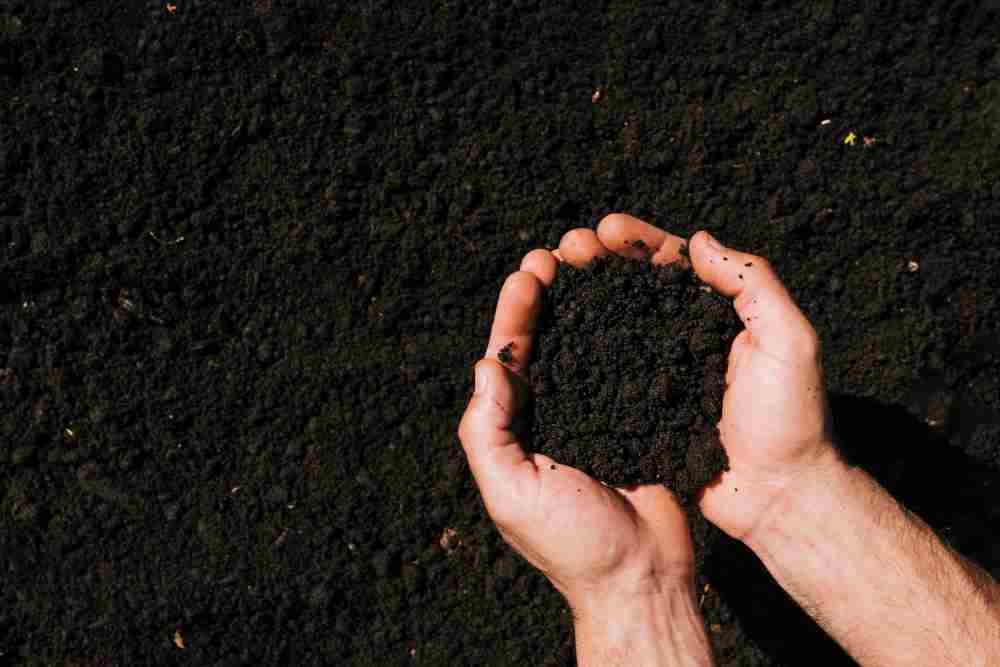

Solid Biofuels Share The Largest Chunk Of Bioenergy In EU: Report
India’s quest for sustainable agriculture that augments crop production, raise farm income and abate nitrogenous & other chemicals from the soil will witness a new thrust to the efforts. The Indian Biogas Association (IBA) has said in its study that the recently rolled out Market Development Assistance (MDA) Scheme will increase the production of organic fertilizers or biofertilizers production from Gobardhan Plants that will directly help cut down 96 lakh tonnes of chemical fertiliser import.
IBA said that this import substitution will help save Rs 11,000 crore besides increasing organic content in Indian farms. The Union Cabinet approved the scheme to augment biofertilizers earlier in June this year with an outlay of 1,451 crore to incentivise the production for restoration, nourishment, and betterment of Indian farm soil.
Biofertilizers would step up the yield of crops by 10 to 25%. It can also supplement costly chemical fertilizers by 20 – 25% when used in farms with chemical fertilizers.
The MDA Scheme will help channelize biofertilizers from the existing biogas and compressed biogas plants. IBA says that over 500 new biogas plants will also be supported in India. When the MDA fund is used for the purpose, about 9.6 MMTPA of biofertilizers will be channelized. This will lead to chemical fertilizer import substitution upto the quantum of 96 lakh tonnes, estimates IBA.
The scheme will be supported with an incentive of Rs 1,500 per tonne of biofertilizers which will boost the health of mother earth. IBA study mentions that this incentive system will increase a minimum of 3.2 MMT of biofertilizers into Indian soil annually.
IBA said that overall benefits are eight times higher than MDA estimates and the savings for the country will be over Rs 11,000 crore. The multiple times’ benefit is due to the vicious cycle related with chemical fertilizers and the multi-faced benefits attached with biofertilizers.
CBG (Compressed Bio Gas) or even regular Biogas plants produce close to 3 tonnes of organic fertilisers for every tonne of gas. As these fertilisers gain more acceptance, India is hoping to make a significant dent in it’s fertiliser subsidy and import expenses. The country has recently renewed the push for CBG plants, after failing to make significant progress on the target of 5000 such plants by 2022 end, mainly due to the Covid led disruptions.
The first unit of the Compressed Biogas Plant built by Reliance at the Peddapuram Industrial…
As Karnataka gains momentum in the direction of ‘waste to energy,’ the Mysuru City Corporation…
DCM Shriram Limited has announced that it has successfully commissioned a new Compressed Biogas (CBG)…
TKIL Industries has partnered with global biogas conglomerate KIS Group to advance the production of…
1. What is Awite and what does it have to offer to the Indian biogas…
The Indian Federation of Green Energy (IFGE) and the Embassy of Nepal have jointly organized…